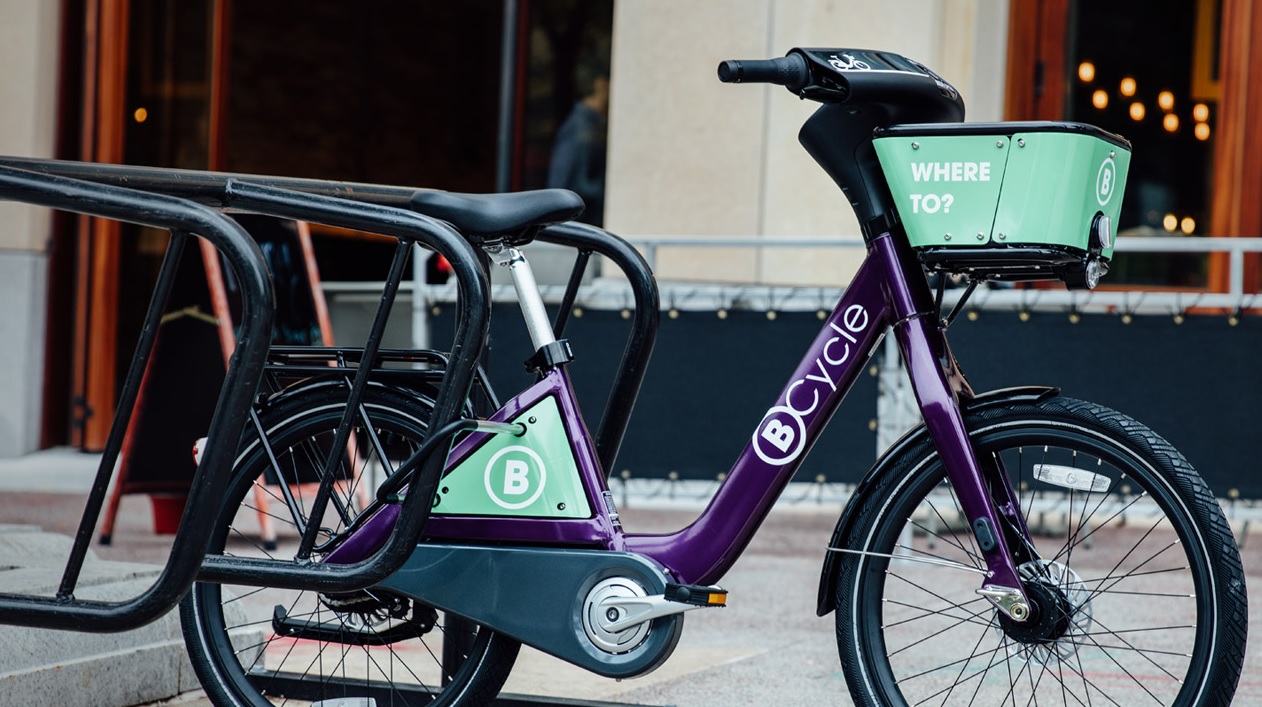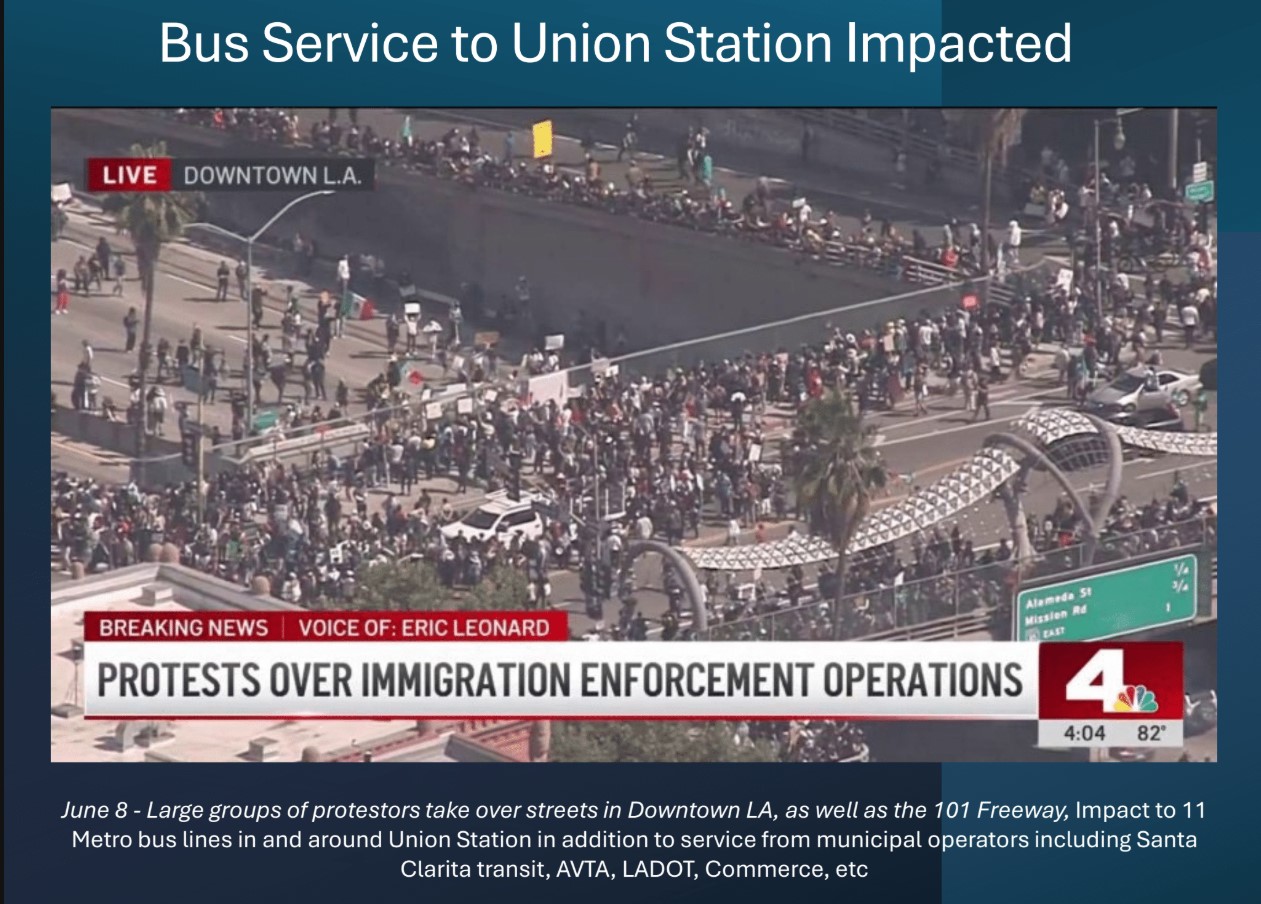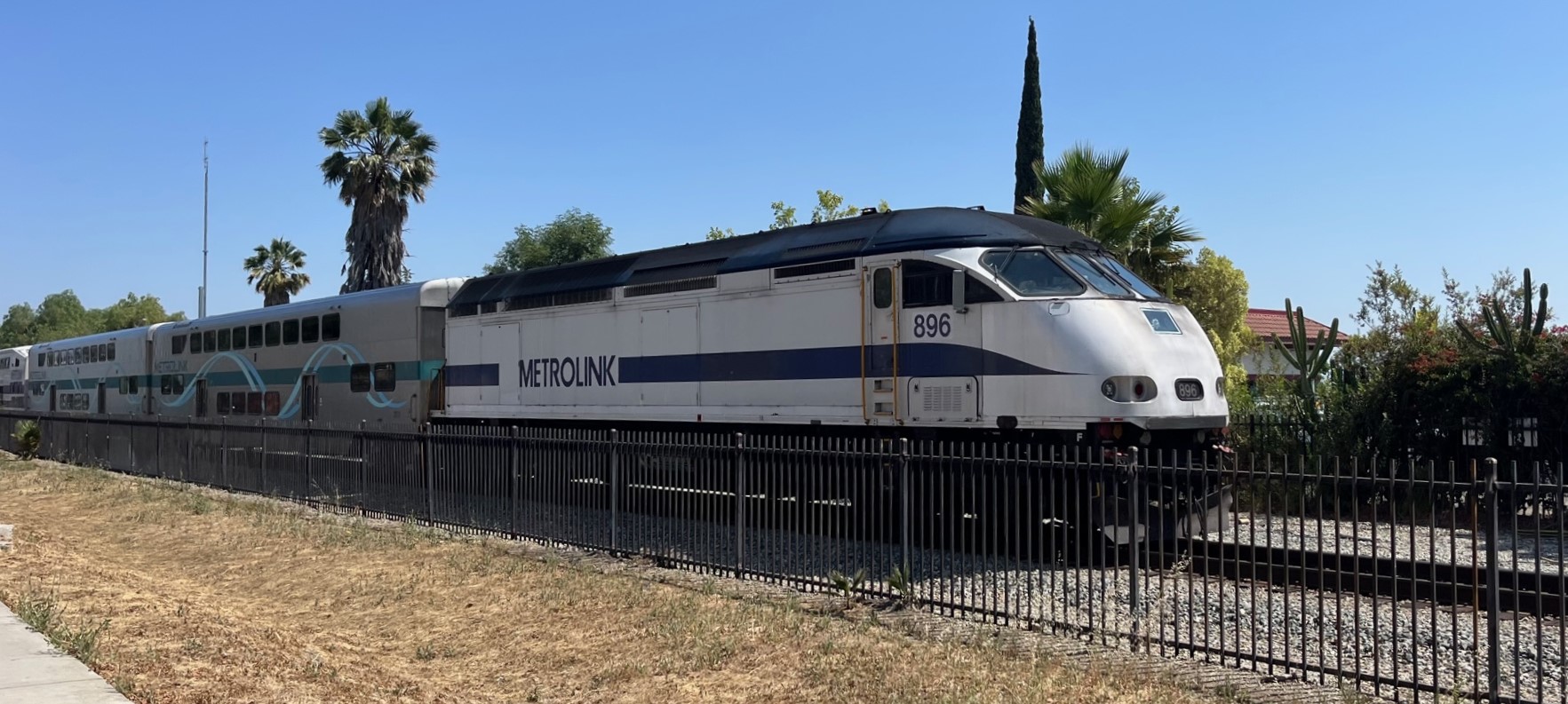Last Friday, Culver City released a feasibility study that sets the stage for implementing a citywide bike-share system. The planned system would include 620 bicycles at 62 docking stations. The system would go beyond just the city boundaries to also include the adjacent city of Los Angeles neighborhoods of Palms, Playa Vista, Del Rey, and portions of Mar Vista. Culver City's study predicts that when fully implemented the system would serve between 15,000 and 20,000 trips each month. If all approvals proceed smoothly, the system could open in May 2018.
Culver City bike-share will be on the agenda of this Thursday's meeting of the Culver City Bicycle and Pedestrian Advisory Committee. The meeting starts at 6 p.m. on Thursday March 16 at the Patacchia Conference Room at Culver City Hall at 9770 Culver Boulevard. The committee is expected to make a recommendation to city council, which would also need to approve proceeding with bike-share, including approving the city's share of funding, which could come from Measure M and/or R local return. Further approvals needed for the full system build-out would include the city of Los Angeles and Metro.
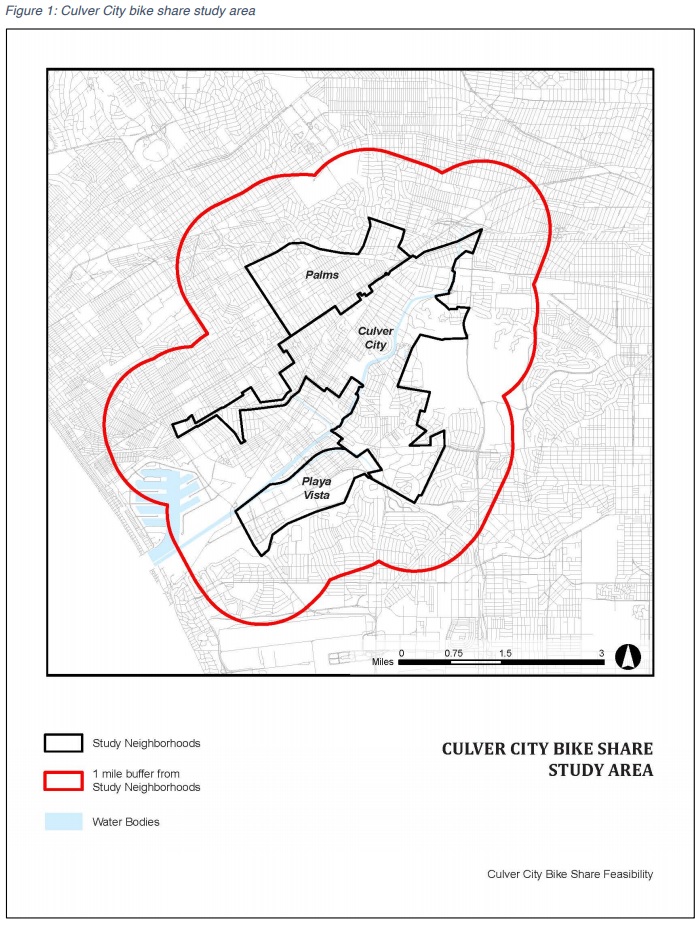
As Culver City is irregularly shaped and surrounded by the city of Los Angeles, creating a bike-share system to serve Culver City residents should support trips to/from adjacent neighborhoods, similar to how Santa Monica's Breeze bike-share includes several stations in adjacent Venice. The feasibility study initially looked at all of Culver City, the adjacent city of L.A. neighborhoods of Playa Vista and Palms, and a one-mile buffer area around these.
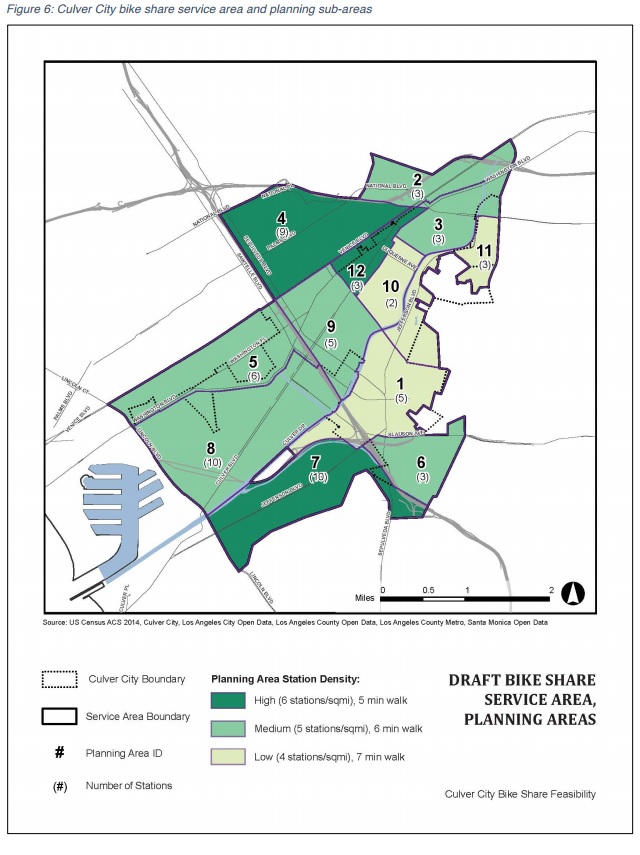
Based on potential ridership factors (including population density, employment, transit, bikeways, and more) and equity factors (poverty and non-white population) the report team came up with the planned overall service area, with varying densities of bike-share stations.
Overall, 280 bikes at 28 stations would be in Culver City, and 340 bikes at 34 stations would be in the city of L.A.
The study looked at the fiscal picture for several models for bike-share, including:
- Metro Smart Dock: Expanding Metro Bike Share using the same smart docks as in downtown Los Angeles, operated by Metro's vendor Bicycle Transit Systems (BTS).
- Metro Smart Bike: Expanding Metro Bike Share, but instead of docks like downtown L.A., the system would use a new Bicycle Transit Systems smart bike product called BCycle Dash, which is not currently in use anywhere in L.A. County.
- CycleHop – Santa Monica model: Adding a new Westside cities CycleHop smart bike system, using Santa Monica's type of fee-for-service contract.
- CycleHop – Long Beach model: Adding a new Westside cities CycleHop smart bike system, using Long Beach's type of revenue/risk-sharing contract.
- Zagster: Adding a new independent smart bike system operated by vendor Zagster with a fee-for-service contract.
The study details costs, including capital and operating costs per bike and per station for each type of system:
- Smart docks cost $65,860 per docking station (equivalent to $6,586 per bike) with an annual operations/maintenance cost of $30,960 per docking station (equivalent to $3,096 per bike).
- Smart bikes cost $3,800 per bike with an annual operations/maintenance costs of $2,220 per bike. Bike docks for smart bikes costs $5,960 for siting and permitting.
Overall, the study finds that smart bikes have "significantly lower capital and [operations and maintenance] expenses" than smart docks.

The question then shifts to which type of smart bike system: CycleHop's current smart bikes or BTS' new smart bikes. One key difference that underlies cost estimates is that CycleHop systems would be installed and maintained by Culver City (similar to CycleHop maintaining Breeze bikes in Venice.) In contrast, a BTS system would be installed and maintained by the city where the bikes are located, whether Culver City or Los Angeles.
The report elaborates some concerns over utilizing CycleHop. Even though CycleHop operates smart bike bike-share in Santa Monica, Beverly Hills, and West Hollywood "each city owns their own bikes and operates their system independently, with membership reciprocity across all CycleHop systems. [...] [T]here is not a clear path forward for a fully integrated “Westside Ride” system with truly unified operations." Theoretically an all-BTS system would be fully integrated, operating across multiple jurisdictions.
Further, the city of L.A. has chosen BTS as its vendor, so "[s]iting stations for a non-Metro system in the City of Los Angeles could be more difficult and costly without the full support of Metro and LADOT." This potentially limits station sites outside the borders of Culver City, which further undermines ridership and revenue predictions.
Based on the least projected cost, the BTS-operated Metro Bike Share smart bike system is the recommended alternative. This is sort of a middle path that maximizes compatibility with Metro's large and growing system, while taking advantage of BTS' new smart bike option.
Streetsblog will continue to follow and report on the progress of Culver City bike-share as it goes through Culver City, city of L.A., and Metro approval processes.
